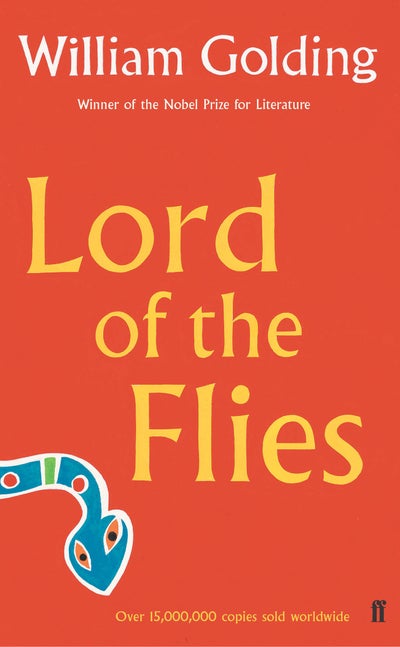72.70AED
77.60-
Lowest Price 42.95
-
Highest Price 77.60
-
Recent Price Drop -6.3%

72.70AED
77.60